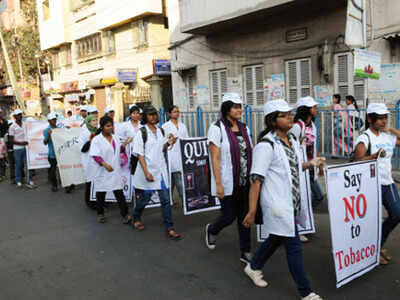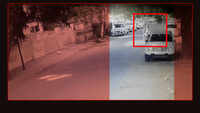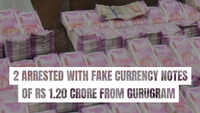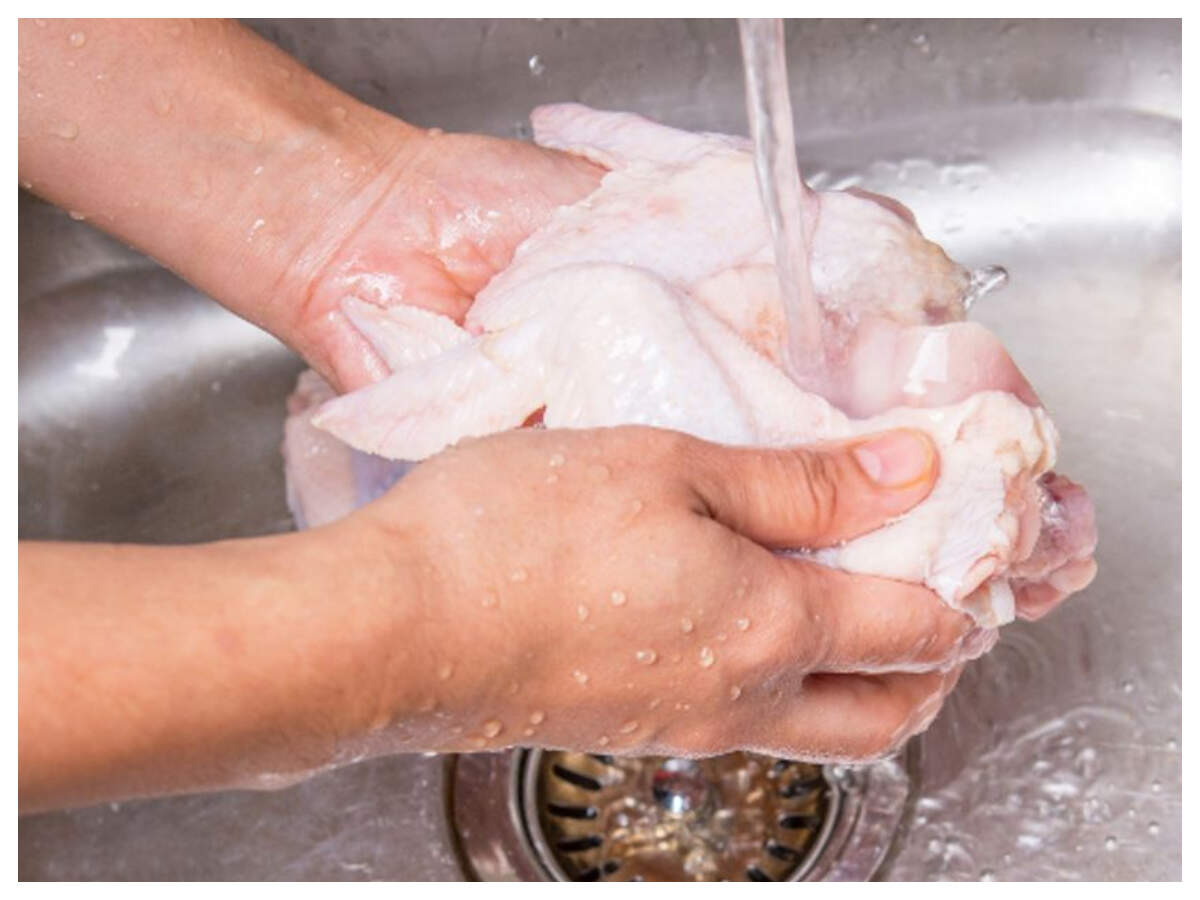
CHENNAI: The incidence of oral cancer has been increasing, particularly among teenage boys, according to statistics released by the Chennai Metropolitan Tumour Registry attached to the Cancer Institute in Adyar.
The incidence of mouth cancer which was 0.6 per 1,00,000 males in the age group of 15-34, went up to 2.3 in 2013. Experts say the incidence now is expected to have touched 2.5. Among people in the 35-64 age group, the incidence rose from 12.4 to 18 in the same period. Among women, incidence went down. Although the annual rate of increase declined in women for mouth cancer, there was an increase in incidence for tongue cancer. The registry showed the annual rate of increase in tongue cancer at 2.5% among men and 1.4% among women. “Numerically, it may still seem small among youth but it’s scary because we have come to this many cases from almost nothing a few decades ago. It’s a four times increase in three decades, and the numbers are growing rapidly,” said Cancer Institute professor and head of epidemiology R Swaminathan.
The reason, doctors say, is clear — tobacco has arrived in the life of a teenager in Chennai. An ongoing survey by the department of psycho-oncology at the institute found that 14% of petty shops near schools sold tobacco violating the Cigarettes and Other Tobacco Products (Prohibition of Advertisement and Regulation of Trade and Commerce, Production, Supply and Distribution) Act. Almost all petty shops sold the banned gutka and pan masala. “No one said so in the questionnaire. Our team sent people to buy these products,” said psycho-oncologist V Surenderan.
Senior oncologist Dr V Shanta said lack of implementation of rules by the government and government agencies combined with the tobacco lobby has complicated the problems. “While tobacco companies organise CSR programmes, government has turned a blind eye to violations,” she said at a press conference.
Several NGOs including the Rotary International who had gathered for the meet said petty shop owners near schools employ students to sell sachets among peers. Companies are hardselling gutka to youngsters by branding it as ‘organic’ and ‘herbal’ chewing tobacco. While children from the lower socio-economic strata buy cheaper variants for `5 to `10, teens from middle and high-income groups shop online for the fancier types of chewing tobacco. These are typically 10-sachet boxes for
`500 and more. “They are scented and ‘spit-free’ coming in attractive packaging. Kids keep them under their tongues and it melts inside their mouth. It instantly gives them a high and they quickly get addicted,” said a senior food safety official.
Federation of Tamil Nadu Traders Association president T Velliyan said his association will ensure no traders sell tobacco on May 31. “If any trader is found selling tobacco near schools or deals in gutka and pan masala, we will remove them from the primary membership of the association,” he said.
The incidence of mouth cancer which was 0.6 per 1,00,000 males in the age group of 15-34, went up to 2.3 in 2013. Experts say the incidence now is expected to have touched 2.5. Among people in the 35-64 age group, the incidence rose from 12.4 to 18 in the same period. Among women, incidence went down. Although the annual rate of increase declined in women for mouth cancer, there was an increase in incidence for tongue cancer. The registry showed the annual rate of increase in tongue cancer at 2.5% among men and 1.4% among women. “Numerically, it may still seem small among youth but it’s scary because we have come to this many cases from almost nothing a few decades ago. It’s a four times increase in three decades, and the numbers are growing rapidly,” said Cancer Institute professor and head of epidemiology R Swaminathan.
The reason, doctors say, is clear — tobacco has arrived in the life of a teenager in Chennai. An ongoing survey by the department of psycho-oncology at the institute found that 14% of petty shops near schools sold tobacco violating the Cigarettes and Other Tobacco Products (Prohibition of Advertisement and Regulation of Trade and Commerce, Production, Supply and Distribution) Act. Almost all petty shops sold the banned gutka and pan masala. “No one said so in the questionnaire. Our team sent people to buy these products,” said psycho-oncologist V Surenderan.
Senior oncologist Dr V Shanta said lack of implementation of rules by the government and government agencies combined with the tobacco lobby has complicated the problems. “While tobacco companies organise CSR programmes, government has turned a blind eye to violations,” she said at a press conference.
Several NGOs including the Rotary International who had gathered for the meet said petty shop owners near schools employ students to sell sachets among peers. Companies are hardselling gutka to youngsters by branding it as ‘organic’ and ‘herbal’ chewing tobacco. While children from the lower socio-economic strata buy cheaper variants for `5 to `10, teens from middle and high-income groups shop online for the fancier types of chewing tobacco. These are typically 10-sachet boxes for
`500 and more. “They are scented and ‘spit-free’ coming in attractive packaging. Kids keep them under their tongues and it melts inside their mouth. It instantly gives them a high and they quickly get addicted,” said a senior food safety official.
Federation of Tamil Nadu Traders Association president T Velliyan said his association will ensure no traders sell tobacco on May 31. “If any trader is found selling tobacco near schools or deals in gutka and pan masala, we will remove them from the primary membership of the association,” he said.
Elections 2019
Trending Topics
LATEST VIDEOS
More from TOI
Navbharat Times
Featured Today in Travel
Quick Links
Lok Sabha Election Schedule 2019Lok Sabha Election NewsDelhi Capitals teamMI team 2019Rajasthan Royals 2019RCB team 2019Maharashtra Lok Sabha ConstituenciesBJP Candidate ListBJP List 2019 TamilnaduShiv Sena List 2019AP BJP List 2019Mamata BanerjeeBJP List 2019 MaharashtraPriyanka GandhiBJP List 2019 KarnatakaAMMK Candidate List 2019BJP List 2019 WBLok Sabha Elections in Tamil NaduBSP List 2019 UPNews in TamilLok Sabha Poll 2019Satta Matka 2018PM ModiMahagathbandhanNagpur BJP Candidate ListChandrababu NaiduTamil Nadu ElectionsUrmila MatondkarNews in TeluguMadras High CourtTejashwi YadavArvind KejriwalTejasvi SuryaPawan KalyanArvind KejriwalYogi AdityanathJaya PradaSatta King 2019Srinagar encounter
Get the app









